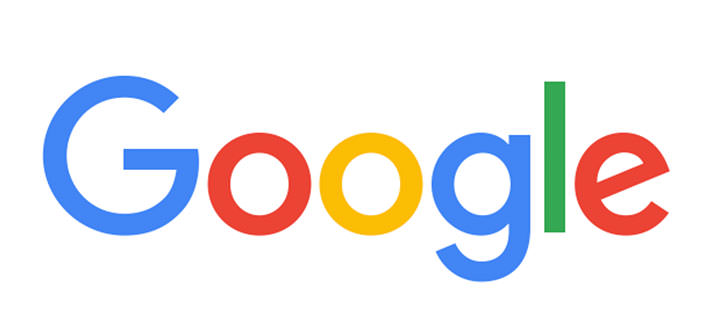Google wants to delete URLs, but does not know how yet
The novelty could revolutionize the Web as we know it, making the sharing and identification of Internet pages decidedly different than today.
Could the web exist without URLs, Internet addresses? And if so, how would users navigate through the online pages? These are some of the controversial questions that Google is putting in recent times, all with the aim of making the WWW safer for users.
If on the one hand the idea of abandoning the internet address, or the identification system used since the first times by the different web pages, may seem drastic for a company that has based its business on indexing and positioning of the same pages, on the other hand, if Google could make the Internet a safer and more reliable place, it could only benefit.
For example, users may have more confidence in search results that would become more reliable, and in the same way advertisers may also be more interested in the web, as is the case with televisions and radios.
The idea of eliminating URLs from the web was born because of their complexity. Inexperienced users often do not understand them and do not notice certain facets, thus allowing attackers to exploit their ingenuity to inoculate malware or fraudulent content into their computers with targeted phishing attacks.
According to recent studies, combating cyber-attacks costs the IT security sector about $ 600 billion a year, and the trend is steadily increasing. According to Google, one of the solutions is to make online identity more comprehensible.
” We want to create a place where web identity is easily understood by everyone, ” said Google’s Adrienne Porter Felt to Wired. ” Users need to know who they’re dealing with when they’re using a website, so they can see if they can trust it, but that would mean a big change in how and when Chrome shows URLs. URLs are reproduced, and even questioned in an attempt to find a more correct way to show the identity of a site. ”
The link between a site’s identity and its URL is less important in recent years, with the spread of URL Shortener. These services are used to shorten the longer addresses in order to make it easier to share (especially on social networks where space is not so much), but in this way, the original URL is deleted for a model that is practically incomprehensible. Those who read the abbreviated URL cannot identify the site that will visit, and this makes it particularly easy to hide illegitimate sites during sharing.
Google has admitted that at the moment it is not finding an effective way to be able to eliminate the URL from the web. The company has been trying for some time, with quite poor results: in 2014, for example, had developed ” origin chip ” on Chrome, a system that showed only the domain name of the site obscuring its final part. The feature was abandoned in a short time.
On the security front, Google today shows a label with the words ” Safe ” and ” Unsafe ” on sites made respectively on the HTTPS and HTTP standards.
Google is currently studying the way people use URLs, and have suggested different ways to create a web without Internet addresses. According to the words of Porter Felt, the company’s technicians would be struggling to present a solution, which could already be revealed in the autumn or during the next spring season.
The solution must provide the right balance between security and convenience for the user, all making it easy to share web pages between devices of a different nature.

